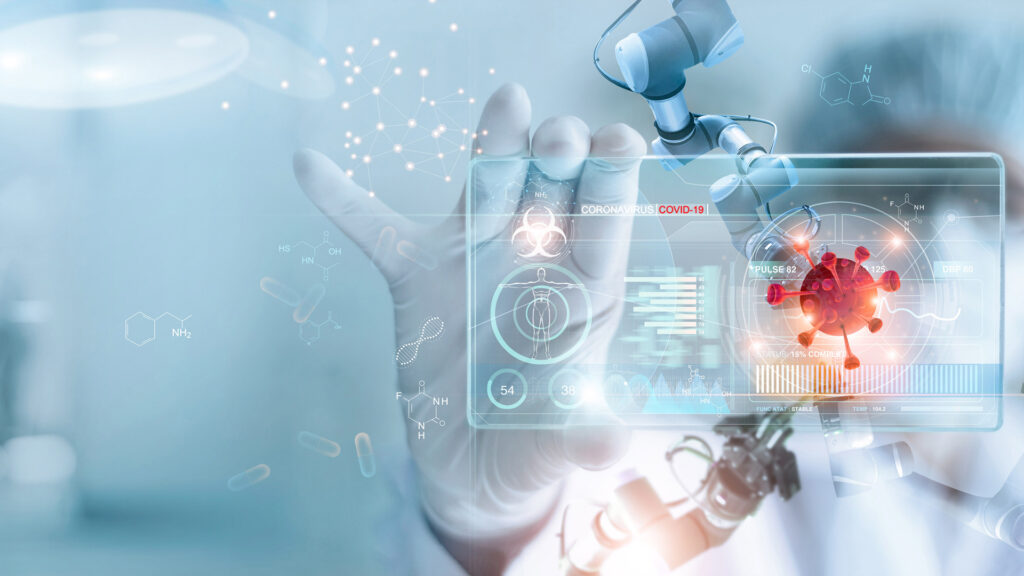Introduction
Technology has transformed healthcare from a reactive system into a proactive, data-driven ecosystem. From AI diagnostics to wearable trackers and robotic surgery, modern medicine is more precise, personalized, and accessible than ever before.
1. Electronic Health Records (EHRs)
Gone are the days of thick paper files. EHRs:
- Allow doctors instant access to patient history
- Improve coordination across departments
- Reduce medical errors
- Enable secure data sharing between facilities
2. Telemedicine
Especially after COVID-19:
- Virtual appointments are common
- Doctors can monitor patients remotely
- Patients access care from remote or underserved areas
- Mobile apps enable check-ins and medication reminders
3. Wearables and Health Trackers
Devices like smartwatches:
- Monitor heart rate, oxygen levels, sleep patterns
- Alert users to irregularities
- Share data directly with healthcare providers
- Encourage proactive health habits
4. AI in Diagnostics and Treatment
AI is helping doctors:
- Detect cancer in early stages from scans
- Analyze blood work for rare conditions
- Predict patient outcomes
- Recommend personalized treatments
5. Robotics in Surgery
Robotic-assisted surgeries offer:
- High precision
- Minimally invasive techniques
- Faster recovery times
- Greater success in complex procedures
6. Mental Health and Digital Support
Apps and platforms offer:
- Meditation and stress-reduction programs
- Online therapy and support groups
- Chatbots for mental health check-ins
- Crisis hotlines and suicide prevention tools
Final Thoughts
Technology is not replacing healthcare professionals—it’s empowering them. By improving diagnostics, access, and outcomes, digital tools are helping people live longer, healthier, and more informed lives.



